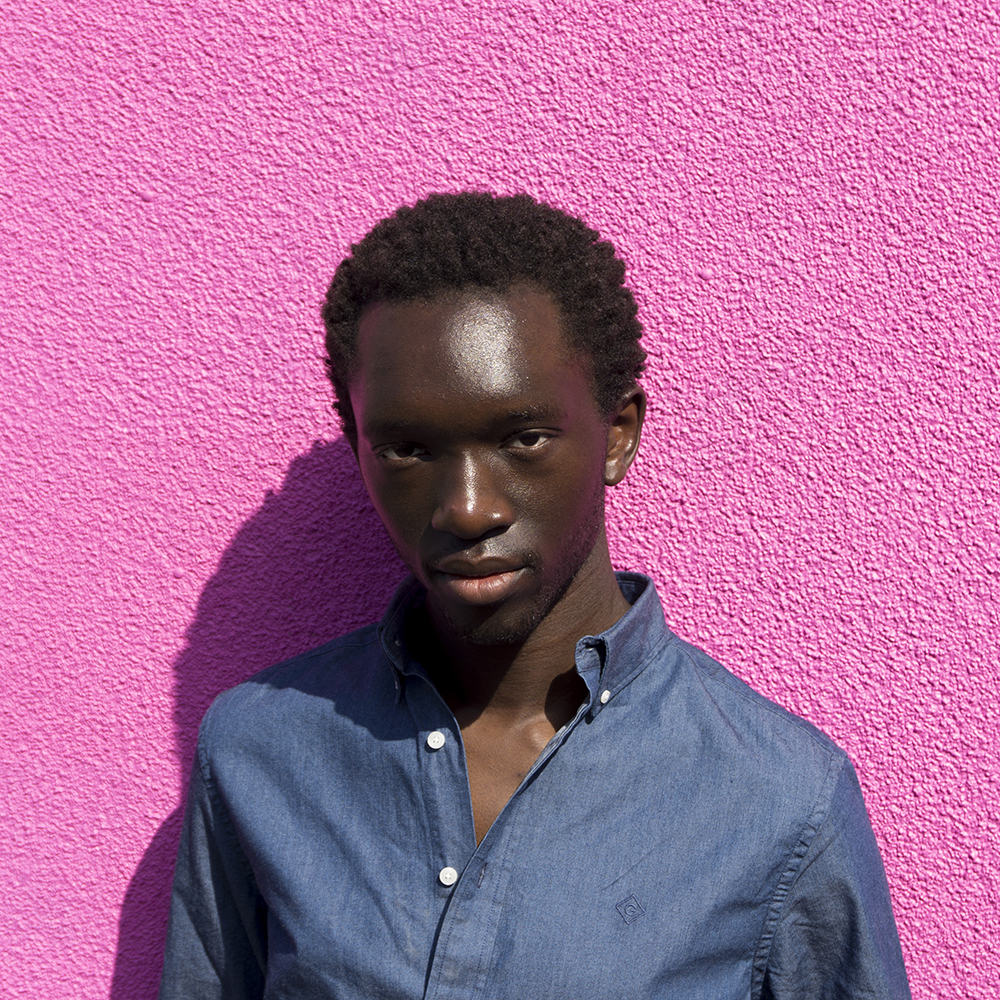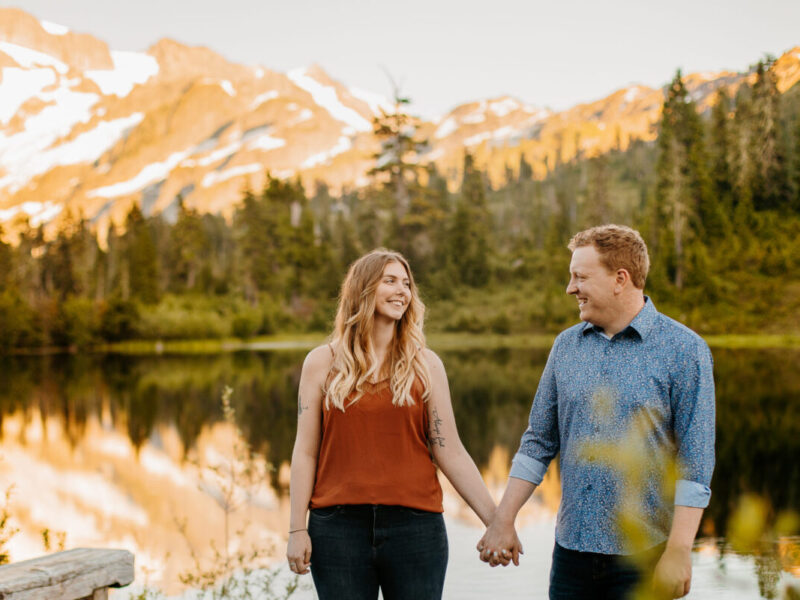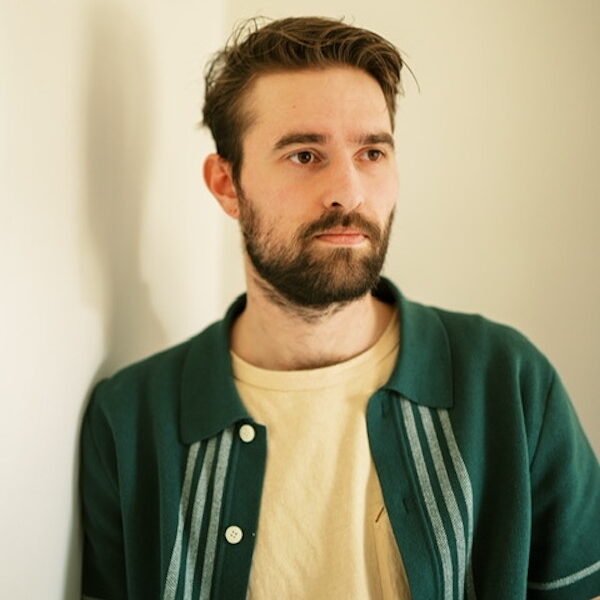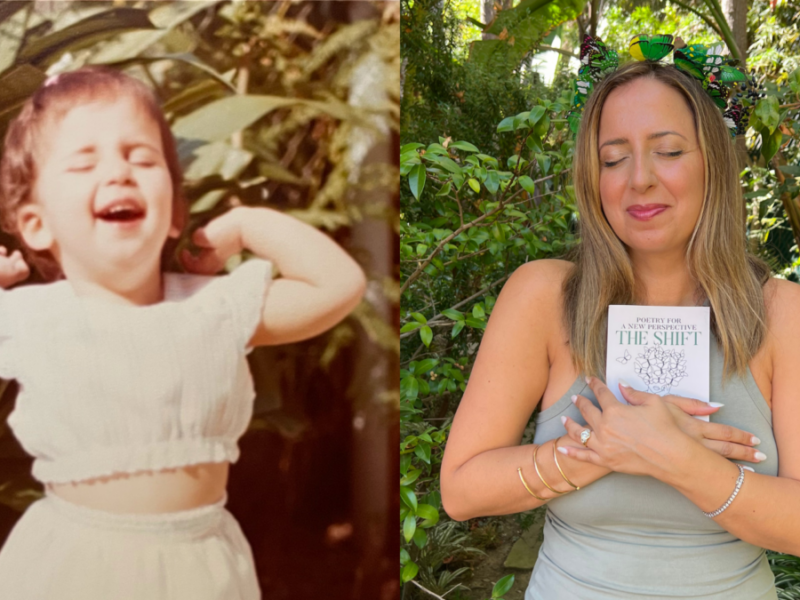Interview with Wilson Oryema
“I think poetry is one of the best mediums to clearly and succinctly convey an idea or feeling. “
Wilson Oryema is a writer and multidisciplinary artist based in London, who specializes in image, text, and film. His poetry collection Wait explores the complexities of behavior, what we consume and what we are consumed by, and what it means to be human, here and now. With influences from his time in the fashion industry and his work as an environmentalist, Oryema’s work is rich with questions and emotions we have all felt at one time or another.
Check out our interview below where Oryema discussed what inspires his work and what we can expect from his new collection of poetry.
_____
What does poetry mean to you? How has it impacted your life?
Poetry is my only form of journaling (or having a diary). It’s also been a really interesting and helpful way for me to condense experiences and understandings in a way easily understandable by others.
How has modeling and being part of the fashion industry influenced your poetry?
It has opened me up to taking more risks with my writing style, and not being too stuck in a particular way of doing things.
You speak a lot about advertisements and consumerism in your collection Wait, even devoting several poems to the practice of Black Friday shopping. What made you want to explore these topics in your poetry?
I think poetry is one of the best mediums to clearly and succinctly convey an idea or feeling. That tied in with the overall theme I wanted to explore. I thought it would be interesting to tell these through stories that myself and/or most people have experienced at one time or another.
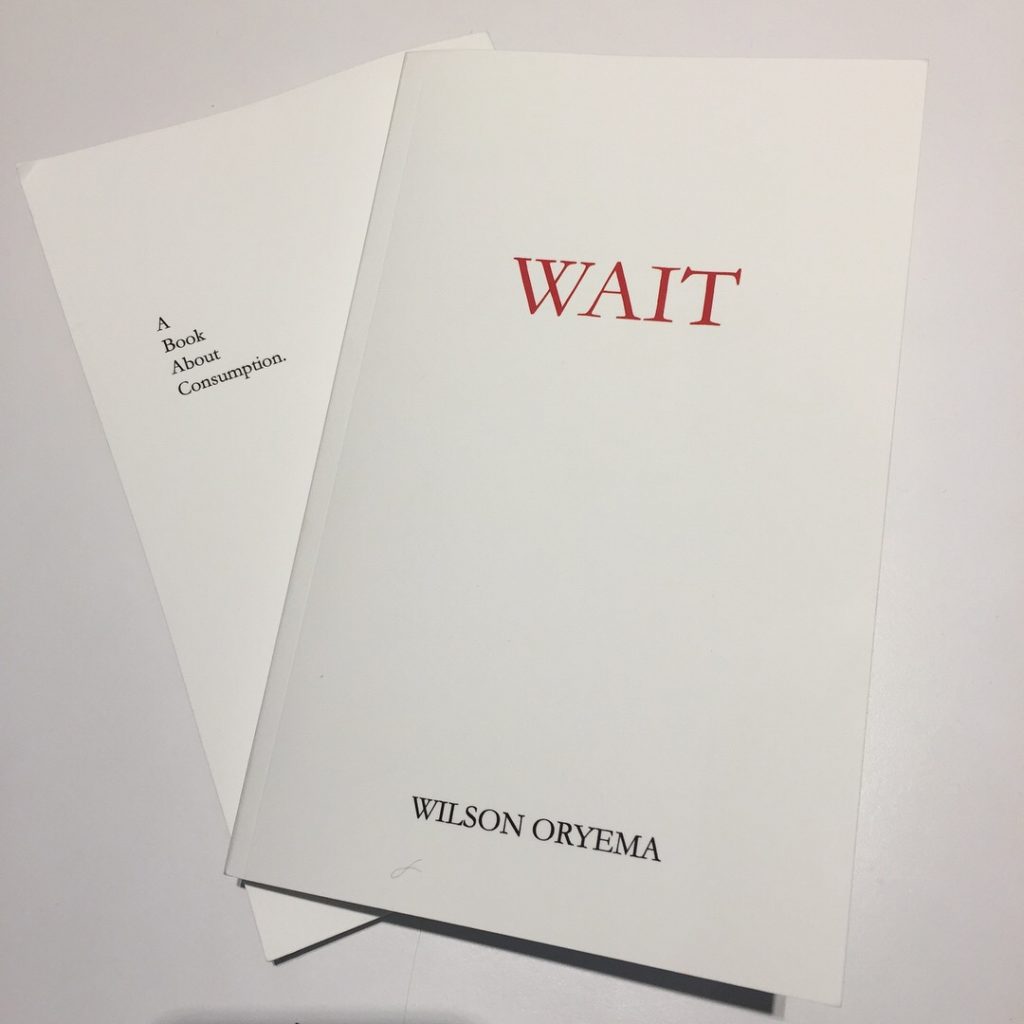
This collection starts with “This is a book about Consumption . . . and it’s far-reaching effects.” Can you speak about this a little more? What do you hope readers take away from your poems?
I’m really interested in human consumption and its effects on how we behave and the planet as a whole. Essentially, I want to show that there are no aspects of our behavior that are isolated, and what you consume — whether ideas, behaviors, products, emotions, etc. — will show some effect across your life.
I particularly enjoyed the poem “Weird things asked of young men // Toxic,” especially the line “If they see you cry, you’ve lost.” Can you talk about your idea of being a man and of masculinity as oppressed to the kind of “traditional” ideas of manhood that you describe in this poem?
Being human, we are exposed to countless events and experiences throughout our lives that mold and shape who we are and our perspective on the world. For most, these perspectives rarely change from childhood — where typically, information is very limited, and you, as a child, are completely subject to the ideas of your parents/carers and local environment (school, neighbors, etc.), which are typically presented in a way to keep you in line with societal norms or “traditions,” a lot of which are outdated and [have] disadvantaged many throughout their lives. As such, the third section of the book is about narratives and how we “consume” different ones all the time. This poem, in particular, is an example of how young males are being pressured to take on an acute set of behaviors in the name of being a “man.” This poem was written in tandem with “things asked of young girls” on the opposite page. Both alluding to the issues of children not being exposed to a full — or significantly wider — spectrum of behaviors, emotions, and expressions.
You are an environmental activist, and a lot of the poems in Wait touch on the effects of human behaviors on the planet. Why is this a subject you are so passionate about? What do you think we can do to help our planet in its current state?
I think the visible effects of humans, such as excessive waste, loss of species, and certain types of pollution on the planet are the best examples of the effects of our behaviors. In regards to what we can do, it’s quite complex, and there are a few things which need to be done. However, very high on the list I would say we need to look at our systems of production and redesign them in ways that reduce our waste and pollutants, and/or develop completely new systems which do.
Who has influenced your writing the most? What are you currently reading?
I recently read a Langston Hughes poem at an exhibition in the London design museum which made me cry.

